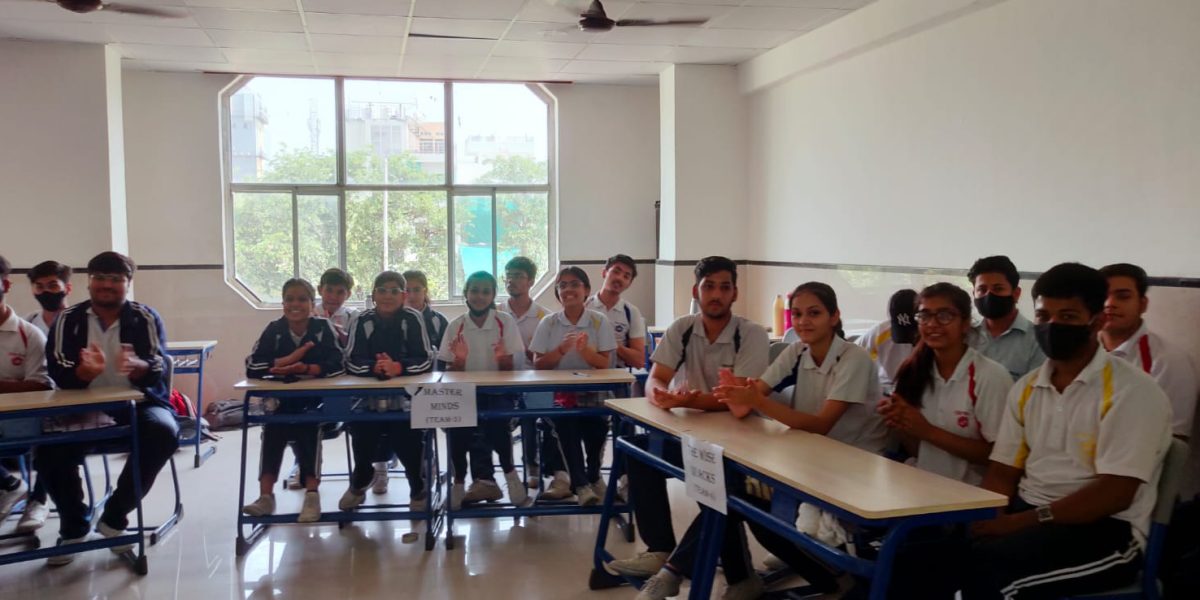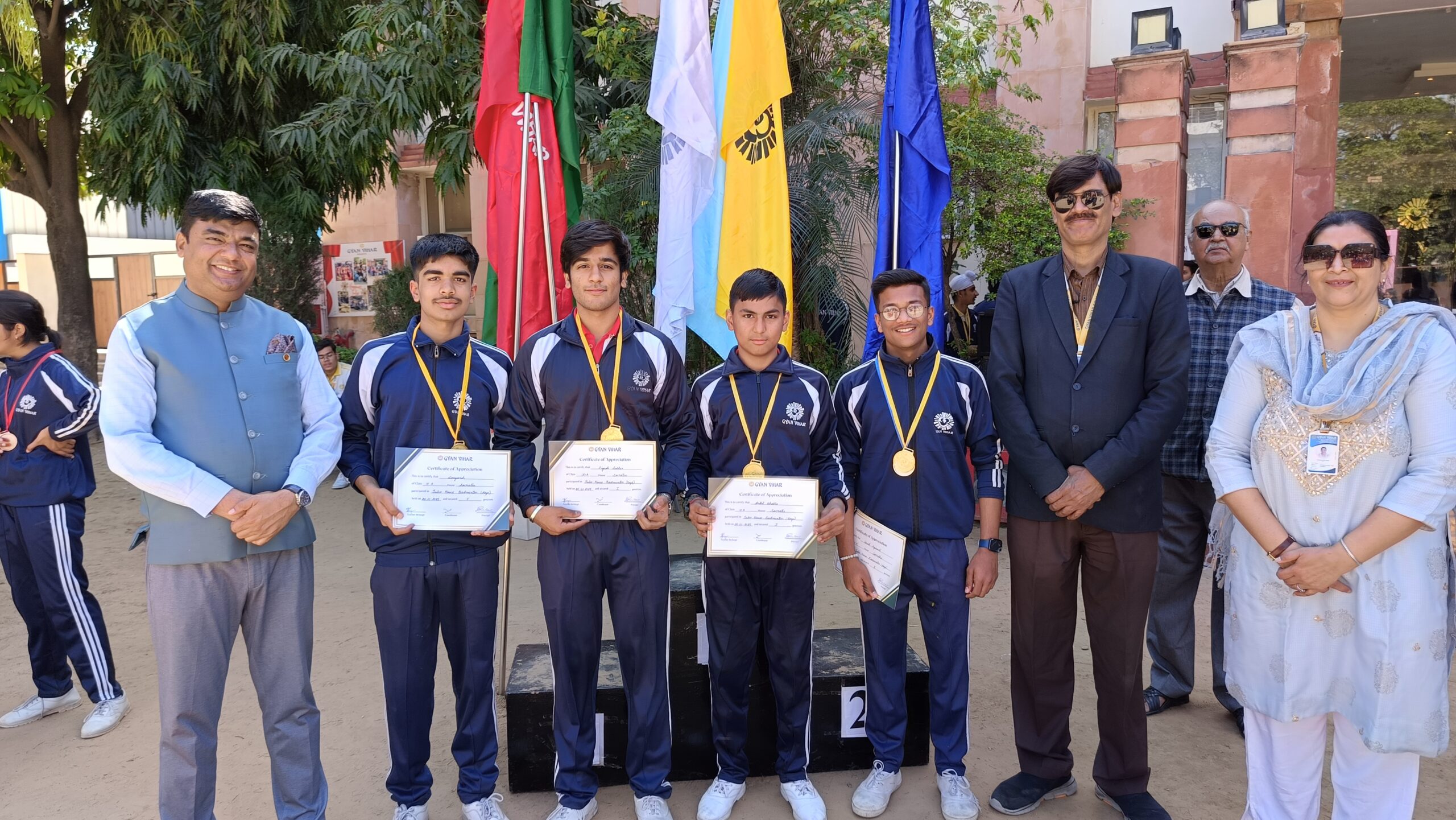For students who want to achieve academic excellence while maintaining a healthy work-life balance, time management is an essential skill. Learning effective time management skills is essential for success as the demands of schoolwork, exams, extracurricular activities, and personal commitments increase. This thorough manual, provided to you by Gyan Vihar School, will go over priceless time management strategies specifically designed for Indian students. By putting these tactics into practice, you can increase productivity, lessen stress, and succeed academically.
Set Clear and Realistic Goals: Start by establishing short- and long-term goals that are both clear and attainable. Determine your academic goals, such as raising your GPA, submitting assignments on time, or engaging in extracurricular activities. Dissect these objectives into more manageable, do able steps that you can incorporate into your daily routine.
Prioritize Tasks: Effective prioritization is crucial when many tasks are vying for your attention. Sort your tasks according to their importance and urgency. Concentrate on high-priority tasks that support your academic objectives. This strategy makes sure that you finish important tasks first and move closer to your goals.
Utilize the Time-Blocking Technique: To increase your productivity, use the time-blocking technique. Give specific tasks or subjects time blocks of their own. Set aside time each day, for instance, to study math, science, languages, etc. By allocating consistent time to each subject, this method promotes routine and helps avoid last-minute cramming.
Avoid Procrastination: Your time management efforts may be seriously hampered by procrastination. Conquer this habit by dividing work into more manageable chunks. Establish due dates for each segment and hold yourself to them. Utilize apps and tools for productivity that can block distracting websites or send you reminders to stay on task.
Optimize Your Study Environment: Establish a setting that encourages concentrated study. Try to avoid distractions by choosing a place that is quiet and well-lit. Make sure all of your study materials are arranged and accessible. Add inspirational sayings or images to your study area that will motivate you and serve as a reminder of your objectives.
Practice the Two-Minute Rule: The two-minute rule is an effective method for completing quick tasks that are frequently neglected. Do something right away if it takes less than two minutes to finish. Instances include setting reminders, organizing study materials, and responding to emails. You can avoid these little tasks piling up and becoming overwhelming by developing this habit.
Break Tasks into Manageable Chunks: Procrastination is a common result of being intimidated by big assignments or projects. Divide them up into more manageable, smaller tasks. Establish a timeline with checkpoints to monitor your progress. As you reach each goal, celebrate it to keep yourself inspired and working hard.
Utilize Productive Study Techniques: Try out different study methods to see which ones are most effective for you. Your understanding and retention can be improved by using active learning strategies like creating flashcards, explaining concepts to others, and summarizing information in your own words. To make learning more interesting and efficient, incorporate mnemonics, mind mapping, and visualization techniques.
Develop Effective Study Habits: Time management for studying requires developing productive study habits. Find a study schedule that works for you and follow it religiously. Eliminate distractions, designate a space for studying, and use active learning strategies. Multitasking should be avoided as it can affect your productivity and focus. Keep in mind to take brief breaks to refresh your mind and keep your focus.
Seek Support and Collaboration: Don’t be afraid to ask for help and work together with your peers. Create study groups or take part in group discussions to improve your comprehension of the material. Your knowledge can be expanded and your study techniques can be improved by talking about concepts, teaching one another, and exchanging ideas. Additionally, ask for advice from mentors or teachers who can offer insightful advice.
Embrace Time Management Tools: Utilize technology to help you effectively manage your time. You can stay organized, set reminders, and monitor your progress with the help of a variety of productivity apps, task managers, and study planners. Choose the tools that best suit your requirements, then work them into your daily routine.
Indian students will gain much from learning effective time management both during their academic careers and beyond. You can maximize your productivity, lower your stress level, and achieve a healthy work-life balance by putting the techniques described in this comprehensive guide into practice. To master time management skills, keep in mind that consistent practice, self-discipline, and adaptability are essential. Accept these strategies from Gyan Vihar School and realize your full potential as you succeed in your studies and beyond.







